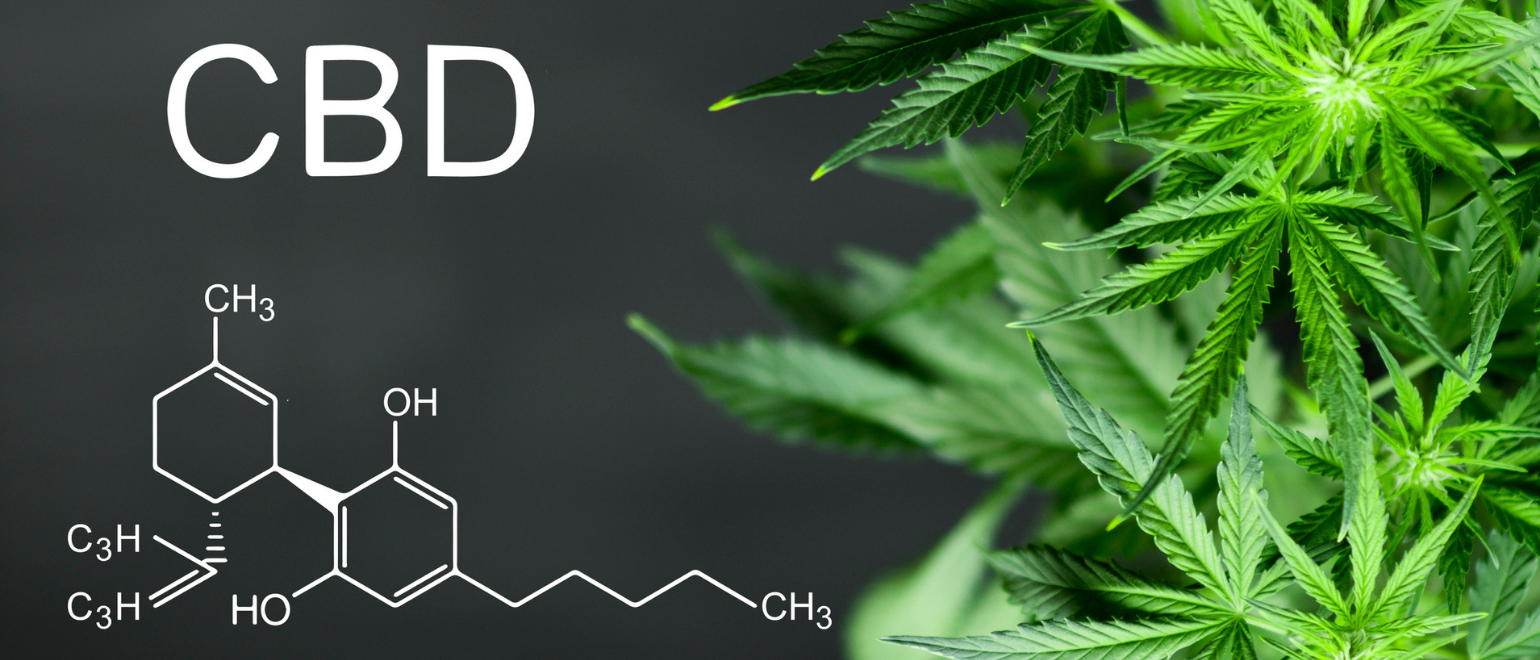As we have long expected, the plaintiff’s bar has focused its attention on the growing CBD product sector. A series of recently filed lawsuits signal that it is more important than ever for participants in the CBD market to know where their product is coming from and to document their testing and labeling methodologies.
Three recent cases we’re tracking allege that certain CBD products contain lower amounts of CBD than advertised:
- Potter v Potnetwork Holdings, Inc., Diamond Cbd, Inc., And First Capital Venture Co., Case No. 1:19-cv-24017, filed in the U.S. District Court for the Southern District of Florida, September 27, 2019. The plaintiffs allege that the defendants’ products contain “a significantly lower amount of CBD than represented.” Plaintiffs have brought suit for unjust enrichment and a violation of the Florida Deceptive and Unfair Trade Practices Act.
- Ahumada v Global Widget LLC (d.d.a. Hemp Bombs) Case No. 1:19-cv-12005, filed in the U.S. District Court for the District of Massachusetts, September 24, 2019. The class action complaint alleges claims for breach of express warranty, breach of contract/common law warranty, and Magnuson-Moss – breach of express warranty (15 U.S.C. § 2301 et seq.). The plaintiff in Ahumada alleges that “independent laboratory testing, commissioned by plaintiff’s attorney, confirms that the CBD products do not contain the amount of CBD as advertised.”
- Gaddis v. Just Brands USA Inc., et al., Case No. 0:19-cv-62067, filed in the U.S. District Court for the Southern District of Florida, August 16, 2019. The plaintiff alleges that the defendant’s products “repeatedly overstate” the amount of CBD they contain with some containing “only a fraction of the CBD advertised,” and some containing “no CBD whatsoever.” The Gaddis complaint alleges claims for breach of express warranty, breach of the implied warranty of merchantability, unjust enrichment, fraud, violations of New York’s General Business Law §§ 349 and 350, and a violation of the Florida Deceptive and Unfair Trade Practices Act.
As we’ve learned from FDA’s warning letters and the May 2019 FDA hearing on regulating cannabis and cannabis derivatives, FDA is testing CBD products and has found them to be mislabeled with inaccurate cannabinoid levels. The plaintiff’s bar has taken note. Participants in the CBD market should use caution, implement good manufacturing and testing practices, and consult with qualified counsel to avoid potential pitfalls and legal actions.
